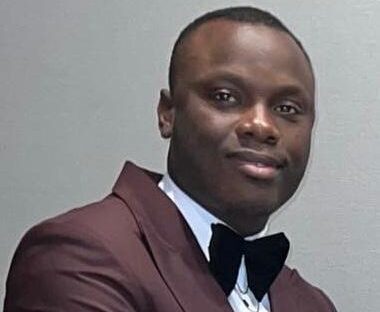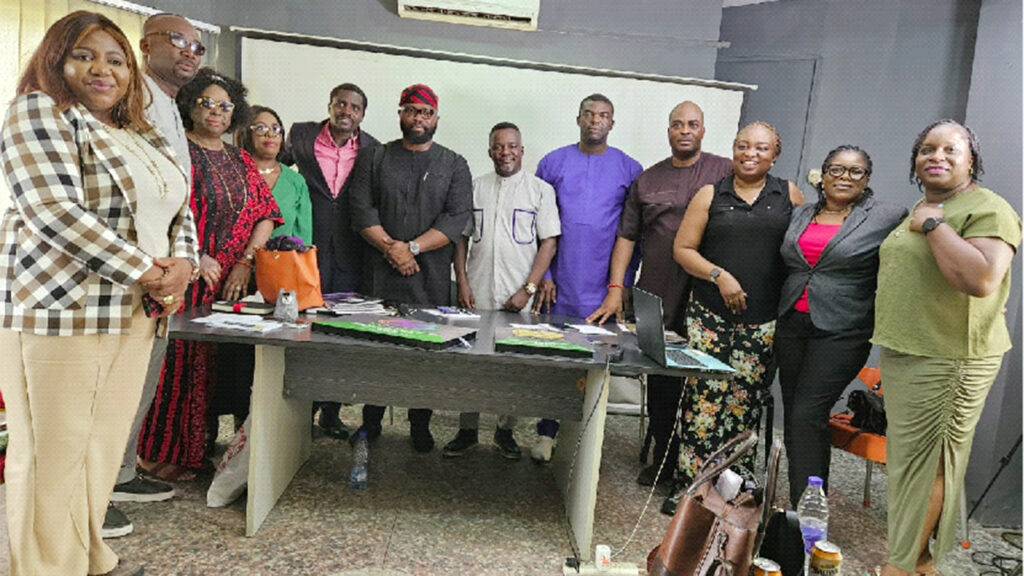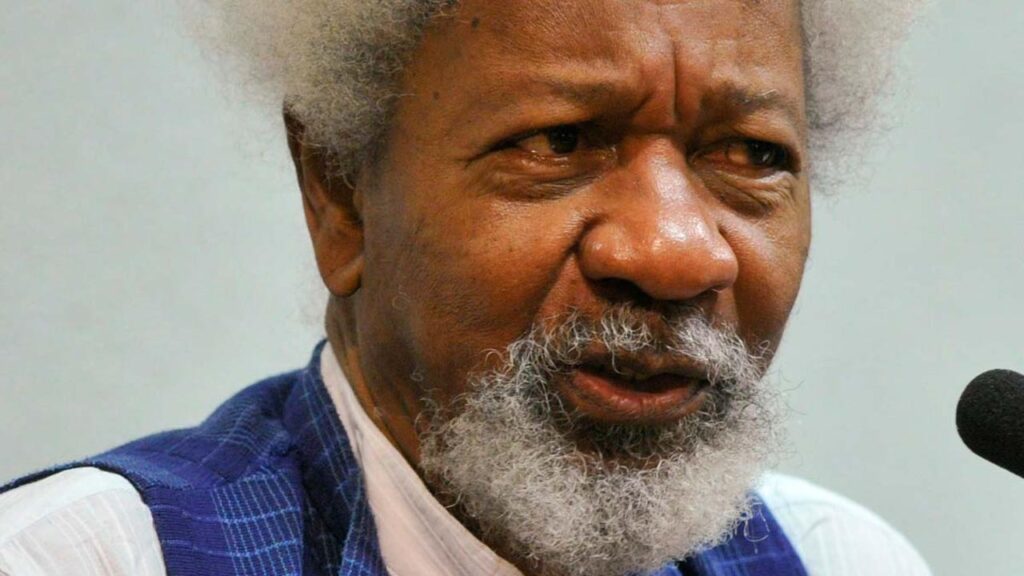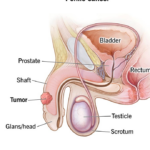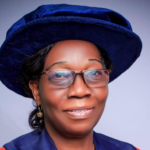
Cancer, a word that strikes fear into the hearts of many is a battle faced by millions around the globe, including Nigeria. In a country where healthcare resources can be scarce, and saddled with misinformation, improving health literacy among cancer patients is paramount for promoting better health and well-being. This is the take of Mr Igbagbolere Reuben Ojo, a public health specialist and licensed health education specialist, whose work and groundbreaking research, aim to reduce mortality rates of terminal illnesses among more fragile societal groups.
The usefulness of Mr. Reuben’s health education and promotion theories cannot be overemphasized in the face of the numerous challenges that Nigeria faces in the realm of healthcare, including but not limited to cultural beliefs, limited access to medical facilities, and socio-economic factors. Lack of awareness and understanding about the disease further exacerbate the situation, leading to delayed diagnoses and poorer outcomes for patients.
This is the background for Mr. Igbagbolere’s research and work, proposing the use of new health education strategies and intervention as a tool that can enhance better prognosis of diagnosis. His research proposes a behavioral-lifestyle intervention technique, which may allow people who have been diagnosed with cancer to live longer and healthier lives. A typical African mind is scientifically categorized as a laggard according to the Innovation theory in Health education, however, he was able to find evidence that adequate sleep post-chemotherapy for Lymphoma and Leukemia coupled with lifestyle changes can synergize with these treatments and elongate the years of living by at least five years.
This was his take on one of his published articles on the website of a widely read public health blog post out of Fresno California. More subjectively, Mr. Igbagbolere’s work highlights the use of certain health education tools such as education campaigns. This would be ineffective without a standard and up-to-date curriculum that community health workers can use in the field. He also proposes strategies focused on the provision of awareness of accessible resources, community engagement, empowerment through support groups, and training of healthcare professionals.
Mr Igbagbolere has put some of these strategies into use in his work and they have proven to be of great results. The training of health care professionals is what he aimed to do with the creation of a YouTube channel aimed at educating young health care professionals. This resource is fast becoming a valuable one for individuals and professionals all around the world. In the past, Mr. Igbagbolere helped facilitate several training sessions for community health workers across the shores of Ondo state during his participation on the World Bank Nship team. More recently, he has participated in the training of community health workers at Cultiva La Salud, West Fresno Family Resource Centers, and adult classes on cancer resources and education across Fresno county.
The outcomes of effective health communication are many and as noted in different psychosocial research, may differ based on patients’ and clinicians’ values and goals, but they never fail to produce reduction or prevention of health challenges.

